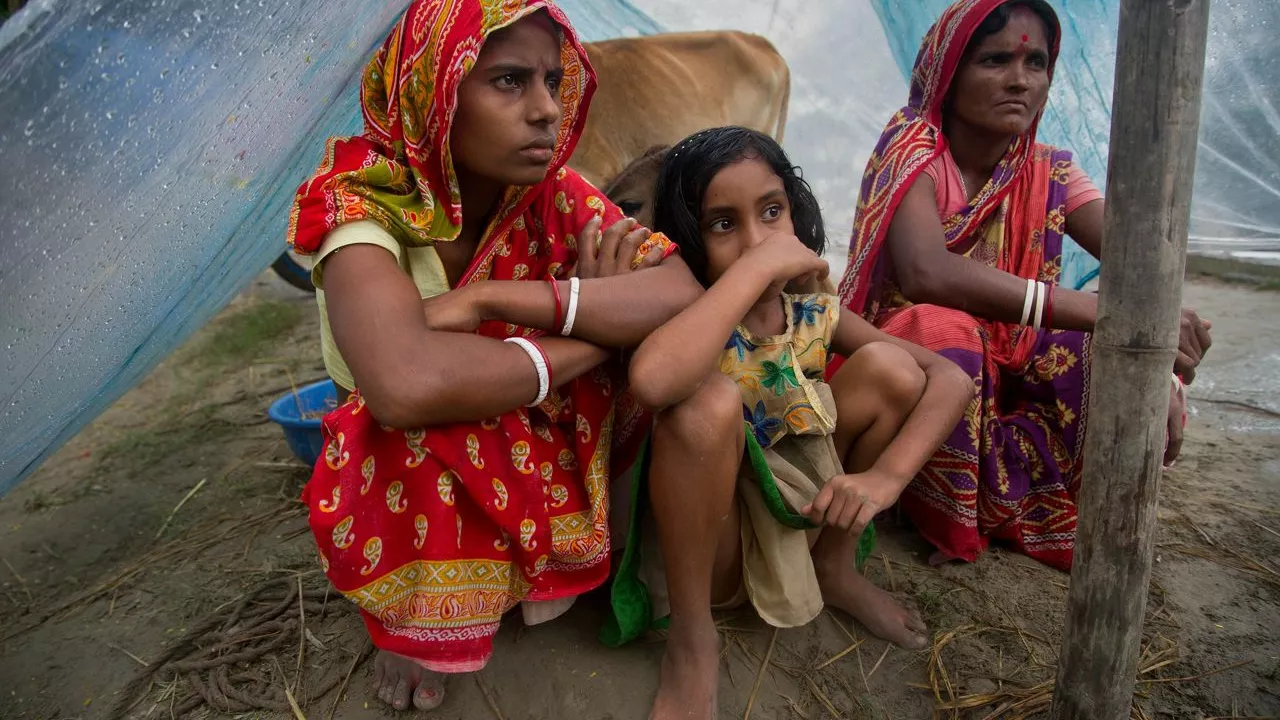Indians Who Wish They Weren’t Born in India – Opinion & Editorial
Ever heard someone say they’d trade their Indian birthright for a passport elsewhere? It’s a line you’re hearing more often, especially on social media and in casual chats. The frustration isn’t about culture or food – it’s about everyday hurdles that feel impossible to overcome.
What’s fueling the discontent?
First up, jobs. A lot of young people tell me they’re stuck in gigs that barely cover rent, while the cost of living keeps climbing. The gap between entry‑level salaries and the price of a decent apartment in cities like Mumbai or Delhi is widening, and the promise of a secure future feels distant.
Second, education. Parents pour money into coaching classes, private schools, and extra‑tutoring hoping to give their kids a leg up. Yet the public system still wrestles with overcrowded classrooms and outdated curricula. When you compare that with scholarships and modern facilities abroad, the contrast is stark.
Third, politics. Corruption scandals, stalled reforms, and frequent protests create an atmosphere of uncertainty. When daily headlines read about power cuts, inflation spikes, or policy flip‑flops, it’s easy to feel the system is working against you.
Lastly, social inequality. Caste, gender, and regional biases still shape opportunities. A talented student from a rural area may never see the same doors open as a peer from an urban elite school, no matter how hard they work.
Why many still hold onto hope
Even with those challenges, a large chunk of Indians remain proud of their roots. They point to the country’s booming tech sector, the rise of startups, and the vibrant cultural festivals that bring everyone together.
Family ties play a big part, too. The support network you get from extended relatives can’t easily be replaced, and many say that sense of belonging outweighs the lure of a smoother life elsewhere.
And there’s a growing voice of change. Young activists are pushing for better jobs, transparent governance, and education reforms. Movements on climate action, gender equality, and digital rights show that the younger generation isn’t just complaining – they’re getting involved.
So, is the sentiment that “I wish I wasn’t born in India” a permanent shift? Not really. It’s more of a reaction to immediate pressures. When those pressures ease – through better policies, fairer job markets, and stronger social safety nets – the desire to leave will likely shrink.
If you’re one of those feeling stuck, the first step is to look for community groups or online forums where people share practical ways to navigate the system – scholarships, remote work opportunities, or skill‑building programs. Connecting with like‑minded folks can turn frustration into action.
For those watching from the outside, remember that every country has its share of complaints. The key is to see the full picture: challenges exist, but so do vibrant cultures, resilient families, and a wave of people working to fix the flaws. India’s story is still being written, and each voice – even the discontented ones – adds a chapter.
Bottom line? The feeling of wishing you weren’t born here is real for many, but it’s also a call to improve, not an invitation to give up. The conversation is just beginning, and it’s up to us to shape where it goes.

Do many Indians now wish they were never born in India?
In my exploration of the sentiment among Indians about their nationality, I've noticed an increasing number who wish they were not born in India. This is not so much a rejection of their cultural heritage, but rather a response to issues like political instability, economic hardship, and social inequality. Many see opportunities for a better life abroad, with improved access to quality education, job prospects, and overall quality of life. However, it's crucial to remember that not all share this viewpoint, and many remain deeply proud of their Indian roots and hopeful for the country's future.
read more